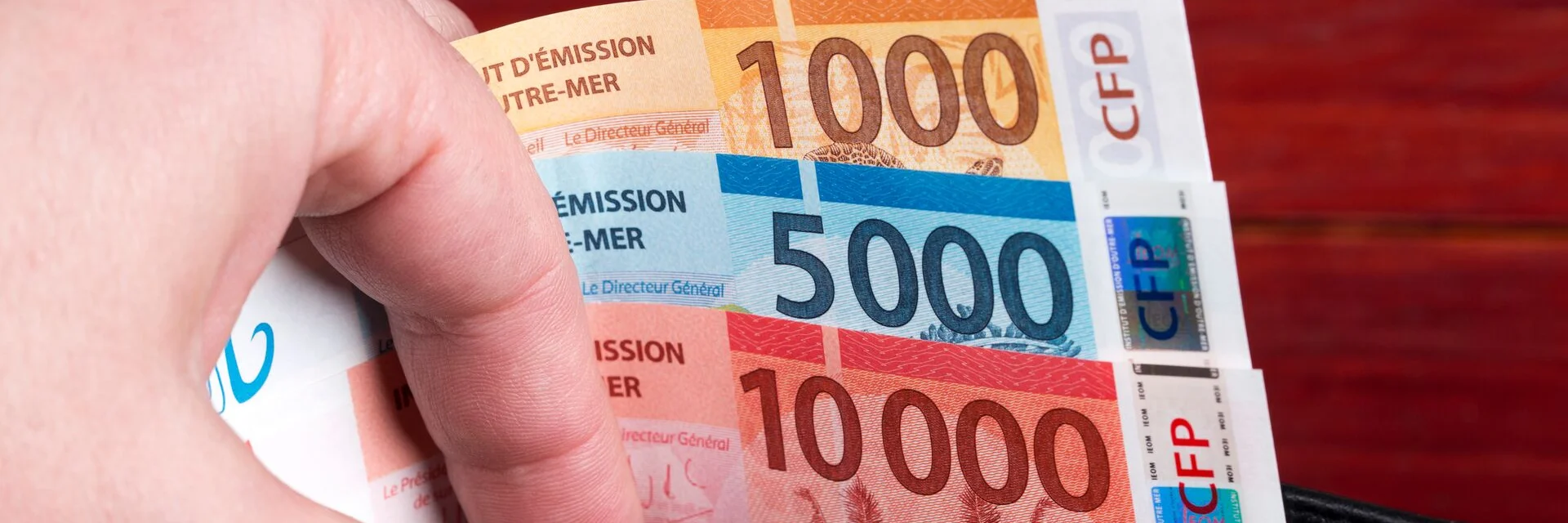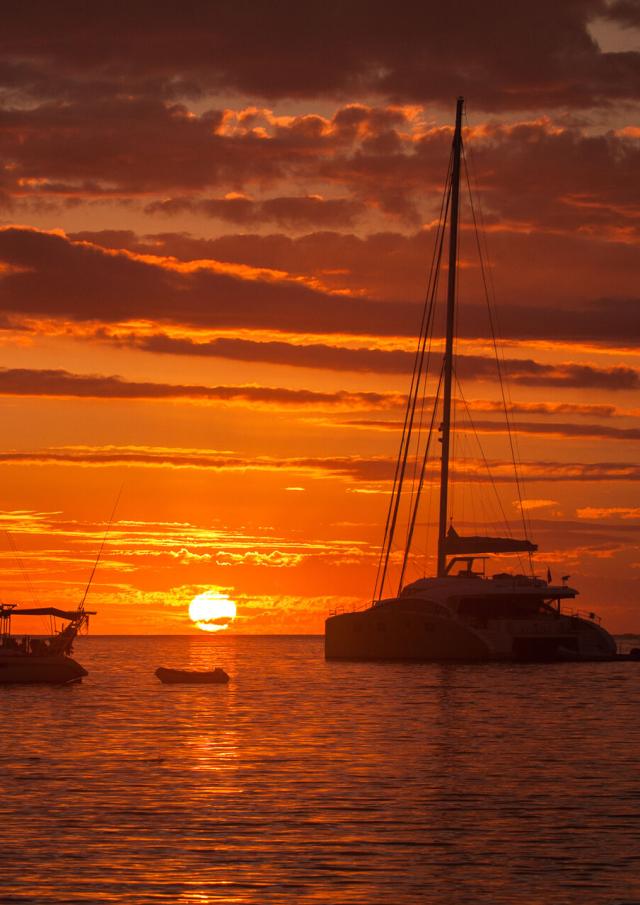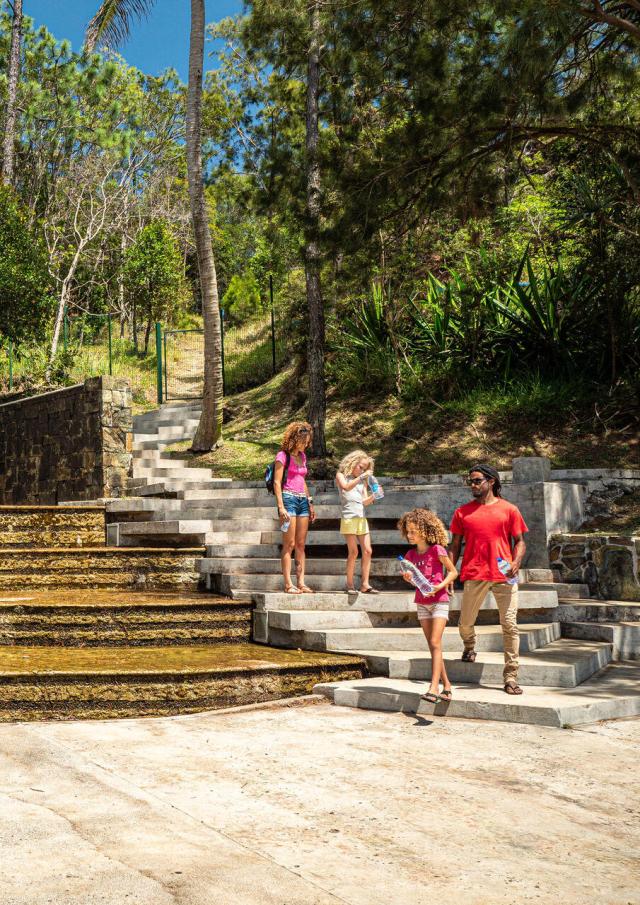- Is life expensive in New Caledonia?
New Caledonia, although geographically isolated and sparsely populated with around 300,000 residents, offers a diverse range of consumer products. The territory benefits from a robust local industry and agriculture, providing ample choices for consumers.
Thanks to its mild climate, ideal for year-round tourism, New Caledonia doesn’t experience significant seasonal price variations. Prices remain relatively consistent throughout the year.
As is common, living costs in the capital, Nouméa, are slightly higher than in other parts of the country. Accommodation and dining expenses in Nouméa are, on average, higher than in rural areas, known as the “Brousse.” However, certain items such as fuel, select meats (including beef), seafood, locally grown fruits and vegetables, and imported Asian groceries are more affordable compared to many major cities.
Generally, New Caledonia’s prices experience controlled inflation, making them more stable than those in metropolitan France and most developed nations. Thus, the cost of living in New Caledonia, excluding airfare, is quite similar to that of major metropolises in developed countries, with your travel budget largely dependent on your preferences.
- What is the currency in New Caledonia?
The local currency is the Franc Pacifique, or Franc CFP (FCFP or XPF), pegged to the Euro. Other currencies, such as the dollar or pound, are subject to international exchange rates. Unlike the Euro zone, which uses both Euros and Euro cents, New Caledonia exclusively uses the Franc.
- What Are the denominations of local bills and coins?
New coins entered circulation in September 2021, and unlike the Euro zone, only the Franc is in use locally. Currently, the banknotes in circulation are 10,000 XPF, 5,000 XPF, 1,000 XPF, and 500 XPF, while the coins available are 200 XPF, 100 XPF, 50 XPF, 20 XPF, 10 XPF, and 5 XPF.
- Where can I exchange currency?
Pacific Francs are not commonly found outside New Caledonia, except at the Banque de France.
To simplify your trip, withdraw cash upon arrival from BNC and BCI ATMs at the airport (if you have a withdrawal card) or from the BCI currency exchange bureau. If you’re arriving via cruise, you can exchange currency at the Ferry Terminal. Additionally, you can visit the N°1 Currency exchange office in downtown Nouméa, open Monday to Saturday, which accepts banknotes only. The office is located at 35 avenue Foch, Complexe Le Village, with a contact number at +687 45 11 48.
Proof of identity is required for currency exchange, and commission fees vary between banks. Most banks in Nouméa have foreign exchange counters in their downtown branches, typically open from Monday to Friday, 7:30 am to 3:45 pm. Some branches also offer currency exchange services in rural areas. Additionally, 24-hour currency exchange machines are available at various locations, including:
- BNP – 111 promenade Roger Laroque, Anse Vata, Nouméa
- BCI – 55 promenade Roger Laroque, Baie des Citrons, Nouméa
- BCI – 20 rue Anatole France, Centre Ville, Nouméa
- SG – In front of Auchan, quai Jules Ferry, Nouméa
- Will I incur international transaction fees?
Check with your credit card company to determine if they impose foreign transaction fees. In any case, inform your bank about your travel plans to prevent potential card blocks or suspicions of fraud when making overseas card payments.
- Can I use credit cards and traveller's cheques in New Caledonia?
Retailers widely accept VISA and MASTERCARD. However, it’s advisable to carry some cash when visiting rural areas outside Greater Nouméa or the Islands (Loyalty Islands, Isle of Pines). AMERICAN EXPRESS is commonly used in the region, though cash withdrawals are not available with an AMERICAN EXPRESS card.
Note that traveller’s checks are no longer accepted by banks in the territory.
In areas beyond Nouméa, having cash on hand is preferable for shopping and minor expenses. - Is it customary to leave a tip in New Caledonia?
Tipping is not a common practice in the region. Prices typically include service tax (TSS), usually set at 5%, with few exceptions.
 New Caledonia banknotes
New Caledonia banknotesMoney and currency
in New CaledoniaFrequently asked questions about currency and exchange




